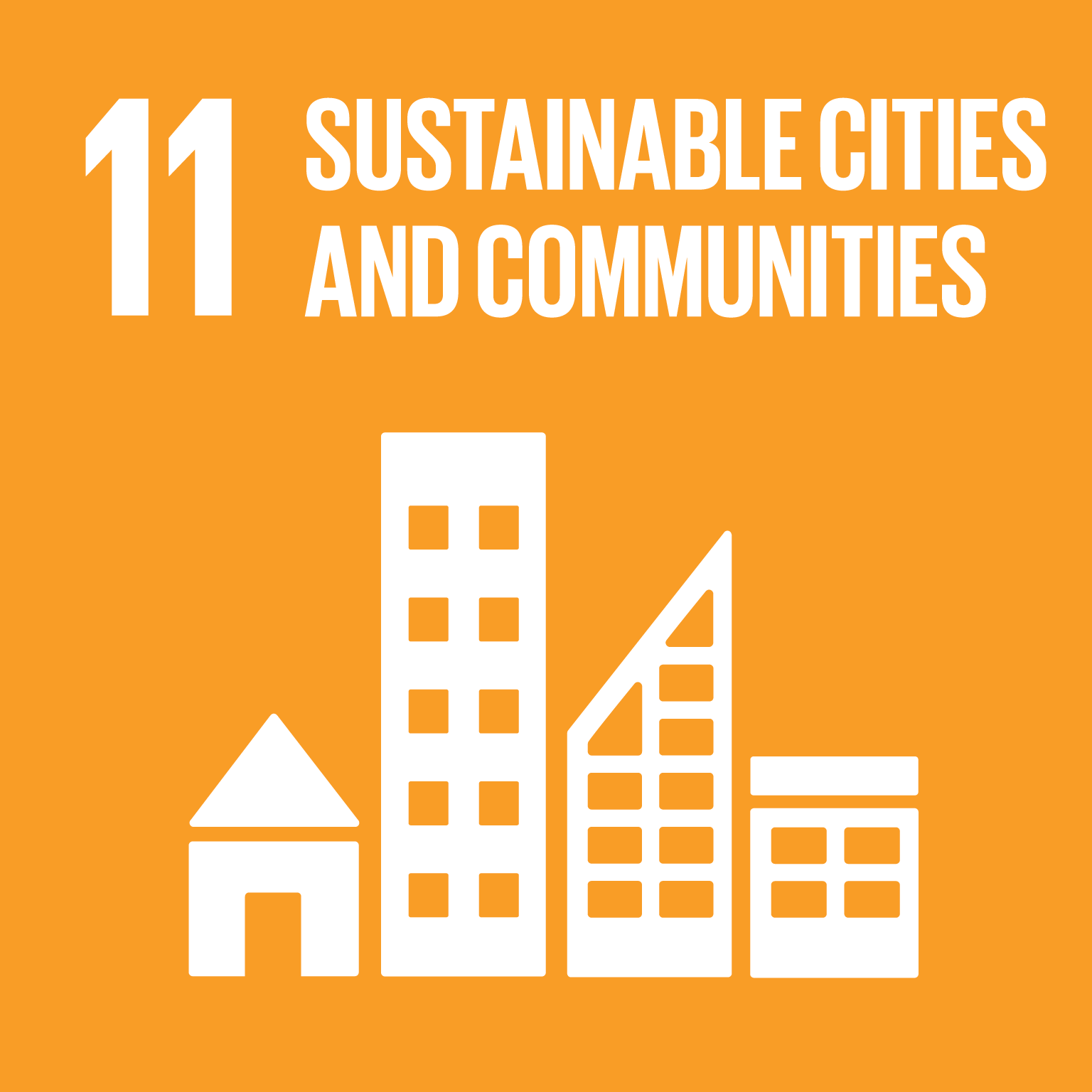Why choose this programme for students who started autumn 2019-2024
Why choose this programme for students who started autumn 2025
What is Social Anthropology?
Anthropologists rely on long-term ethnographic fieldwork to study social issues as well as how cultural communities are formed. This unique approach makes anthropologists unique in the world of social science. Anthropologists are acute analysts of social life, and experts in communicating insights about cultural difference.
In this Master’s programme, you learn the advanced theories and methodologies of social anthropology. You design your own unique research project, carry out fieldwork in a place and on a topic of your choice, and write an original thesis based on your data. This applied learning process establishes a clear researcher skillset valued both within academia and beyond.
Former student Marte Rieber Bakke works as a Service designer for Talkmore
Thematic specialisations
You will be introduced to cutting edge anthropological research and receive a thorough introduction to advanced anthropological theories and methods. In the programme, you can choose to specialise in either Contemporary Ethnography or Global Political Economy.
With a specialisation in Contemporary Ethnography, you will learn how anthropologists have made sense of the most important social issues of our times. This track also provides you with the flexibility to customize your studies according to your own interests and research focus. For instance, you can take credits in a language or a regional or thematic course in line with your own project plans. You will also learn how to apply ethnographic methods in practice, which will help you to turn your anthropological competence into an asset on the job market.
With a specialisation in Global Political Economy, you will gain a rigorous understanding of different anthropological approaches to capital, finance, business and work. By exploring the challenges that shape today's global economy, you will be given the analytical and methodological tools to engage with issues such as economic crisis, banking, and labour. You will be able to design, conduct and write up your own ethnographic fieldwork project related to this set of themes.
Learn from renowned specialists
The Department of Social Anthropology is a world leading anthropology department. You will work closely with our academic staff, get individual supervision from day one and a chance to participate in the Department’s vibrant research environment, while learning from renowned specialists in their fields.
Discover Your Future
Preparing for life after graduation is a process that takes time and starts early. We have created a program to make it easier for you to discover your options along the way and make way for good choices later. You will learn more about how you can plan and set goals for yourself, and what you may not be able to plan for. You will gain insight into what may be relevant experiences on the way forward and how you can use your time to explore your options for further education or work. You will also get concrete tools along the way that you can use to find your direction.
Read more about career courses
Honours certificate
Are you academically ambitious? It is possible to supplement your master`s degree with an honours certificate worth 20 credits. You take the certificate concurrently with the master`s programme.
Student life
Our department has an active student environment where several existing groups arrange workshops, breakfast meetings, cabin trips and parties. These groups also represent the students' interests in formal bodies at the Department.
We emphasize close relations among our master students and provide excellent study facilities and generous work space.
Career opportunities
Anthropologists work with a wide variety of issues such as urban planning, development, migration and refugees, communication, market and consumer research, environmental management, technology, foreign affairs and teaching.
They get jobs in both public and private sector, including humanitarian organisations, government agencies, schools and higher education, private businesses and consultancy agencies.
The two-year master’s programme leads to an master's degree in Social Anthropology and qualifies for a PhD.
More information about career opportunities
The Sustainable Development Goals relevant to this study program



